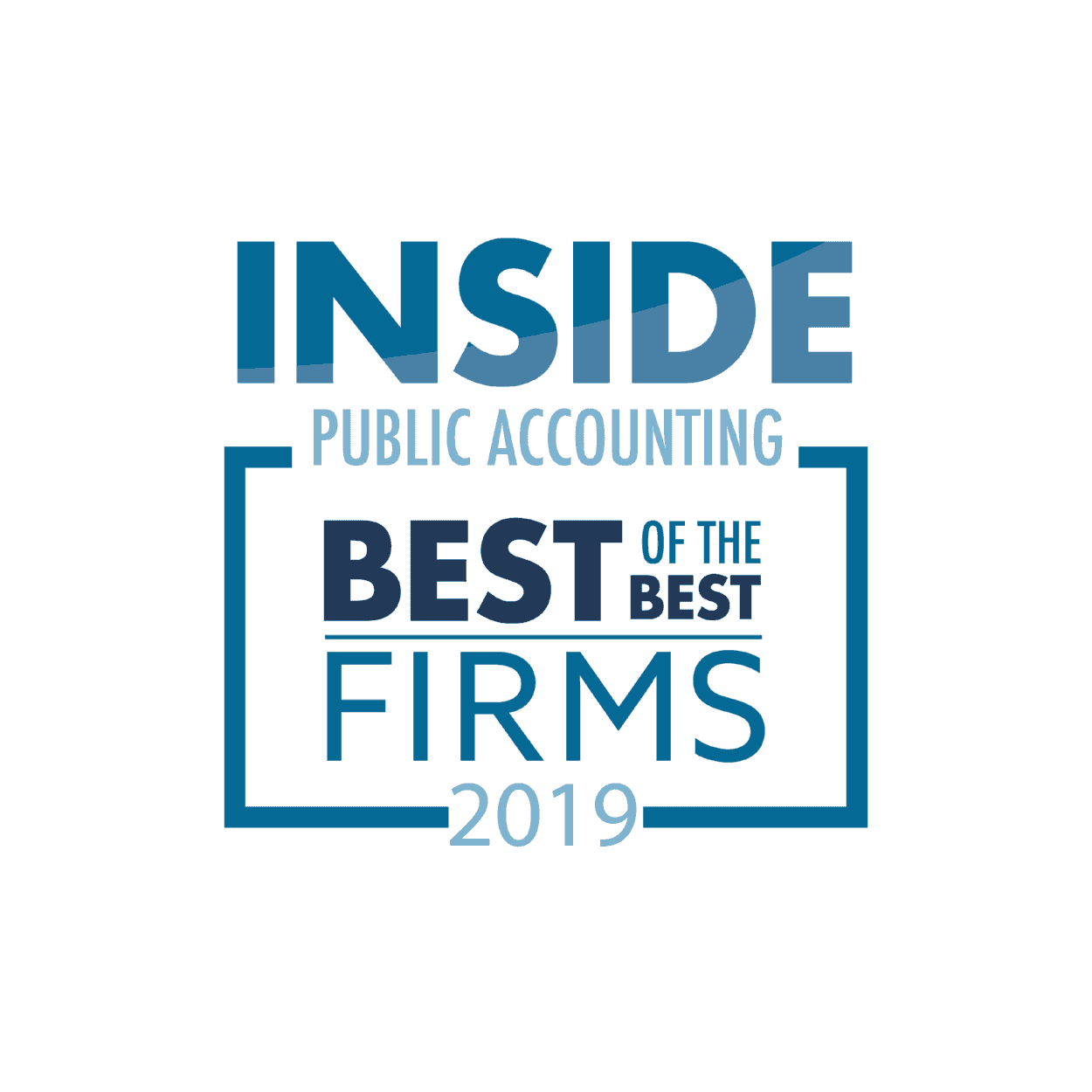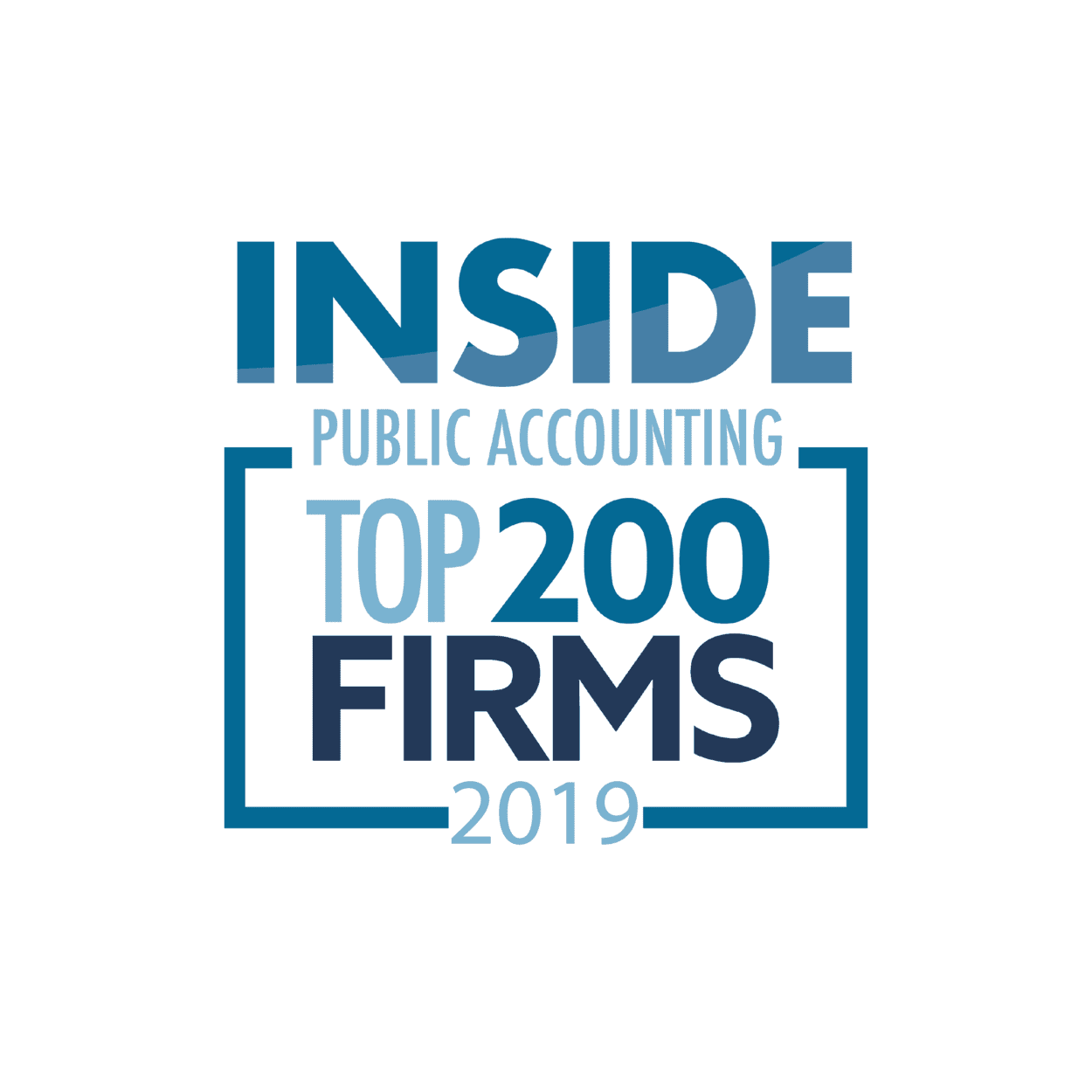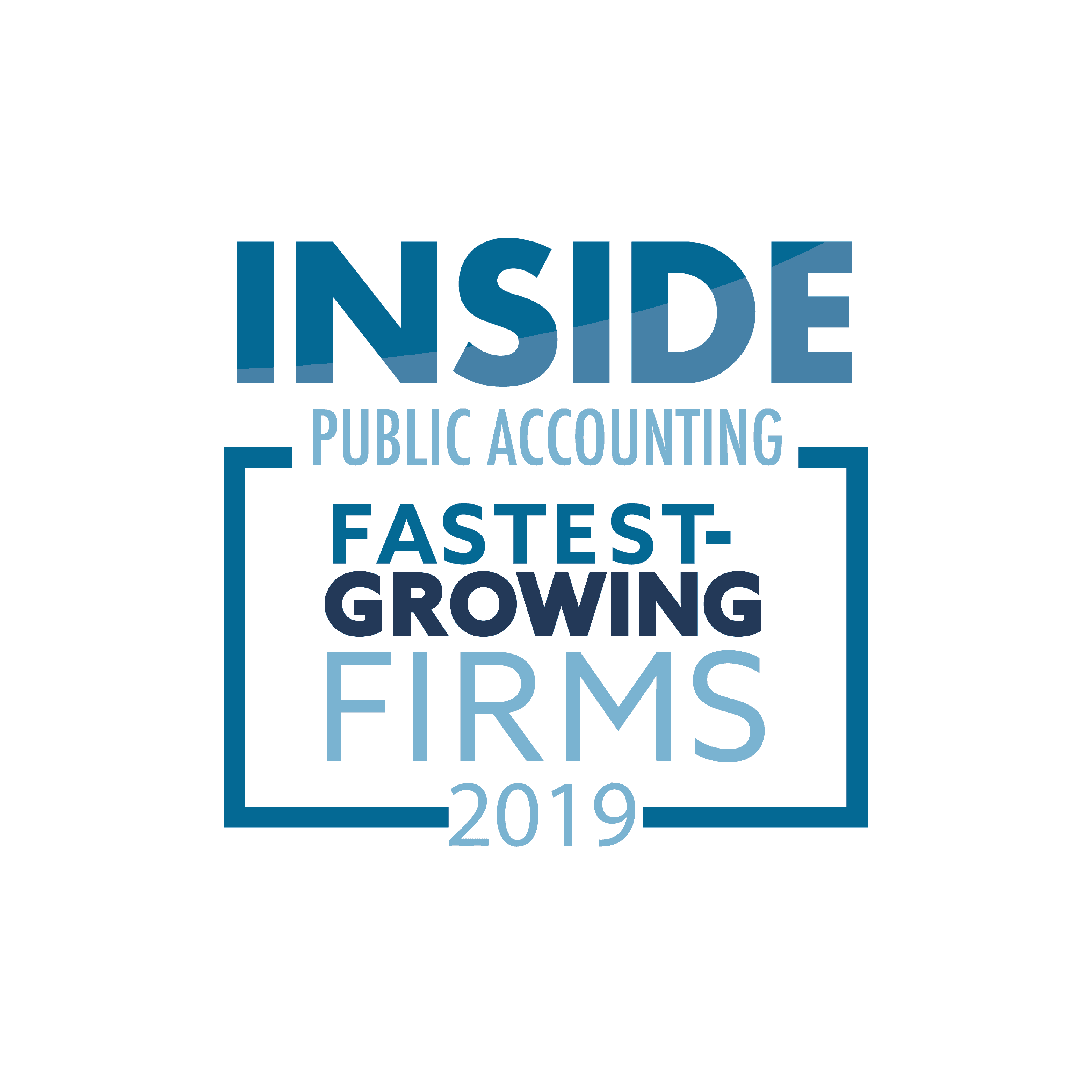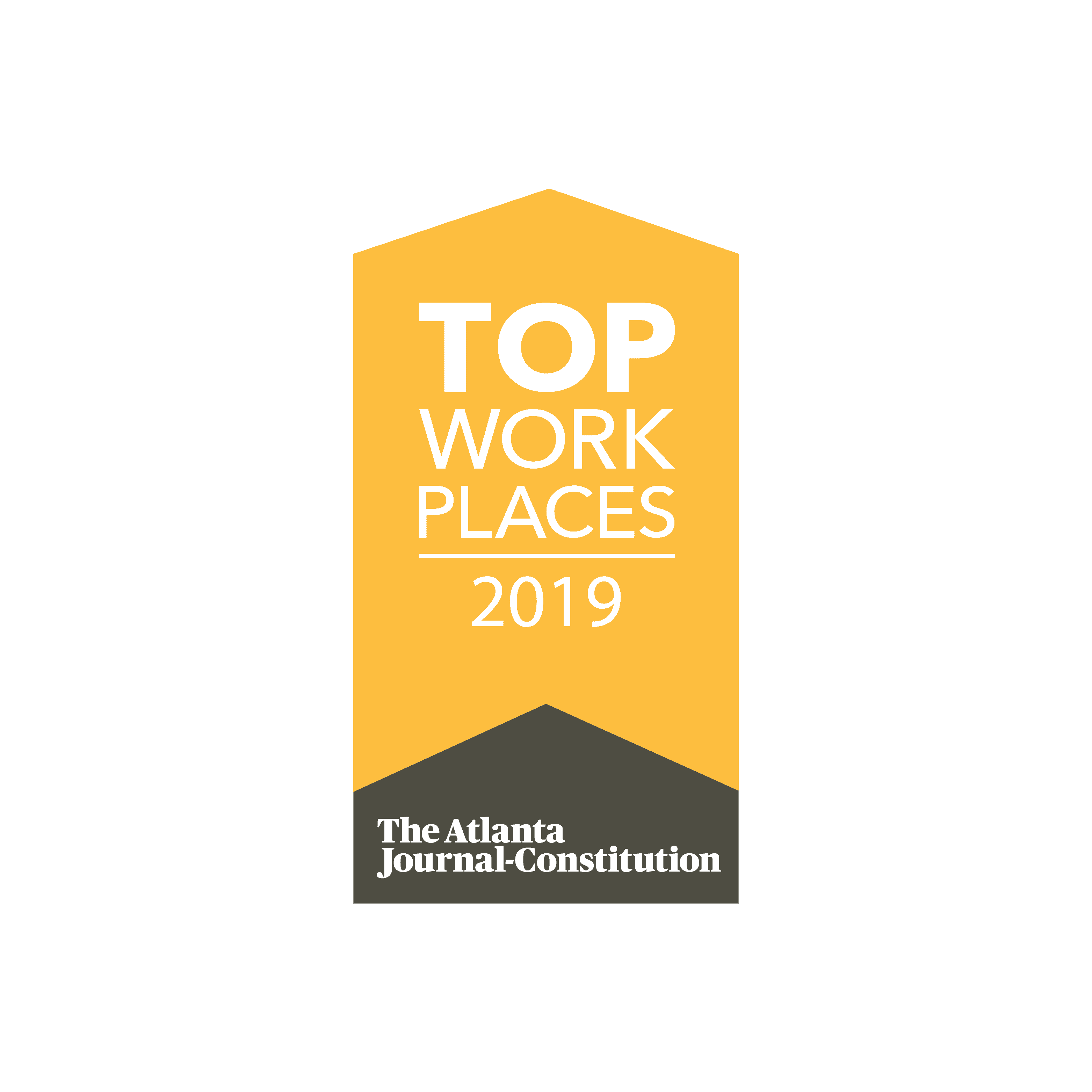By: Geoff Braun, CPA, and Chris Arnone, CPA
At the final hour, the Financial Accounting Standards Board (FASB) delayed the implementation deadline for the new lease accounting standard by an additional year. While public companies were required to comply with the new standard for fiscal years beginning after December 15, 2018, private companies and nonprofits are required to comply for fiscal years beginning after December 15, 2020, pushed back from December 15, 2019. This means nonpublic companies should be calculating their lease liability under the new standards – on both interim and annual reports – by this time next year. Business leaders should take full advantage of this additional time and begin the implementation process now when they have the time to do it smoothly. To help, Moore Colson has provided key steps to prepare for the change below.
Take Inventory of Current Leases
Analyze current lease agreements and categorize them into finance, operating and short-term leases. Under finance leases, asset ownership gets transferred to the lessee at the end of the lease term. Accounting staff can spot a finance lease if it has the lease meets any of the following criteria at lease commencement:
- The lease transfers ownership of the underlying asset to the lessee by the end of the lease term.
- The lease grants the lessee an option to purchase the underlying asset that the lessee is reasonably certain to exercise.
- The lease term is for the major part of the remaining economic life of the underlying asset.
- The present value of the sum of the lease payments and any guaranteed residual value equals or exceeds substantially all of the fair value of the underlying asset.
- The underlying asset is of such a specialized nature that it is expected to have no alternative use to the lessor at the end of the lease term.
Leases that do not meet any of the criteria above will be classified as operating leases. Leases with terms less than 12 months will be classified as short-term leases.
Cataloging leases will be beneficial as the company transitions to the new standard. Doing so will help calculate adjustments for the leases whose terms span the pre- and post-implementation timelines and will offer insights into what future financials will look like under the new standard.
Estimate Change to Financials
The accounting for finance leases has not changed much with the new standard; they should be recorded in substantially the same manner as capital leases under current accounting standards. Operating leases are where you will see the most change.
Operating leases will now be recorded on the balance sheet. The present value of the lease payments to be made over the lease term will be recorded as a lease liability. The lease liability, as adjusted for items including prepaid or accrued lease payments, lease incentives and initial direct costs will be recorded as a right-of-use asset – which will be amortized over the lease term. If you have high-value or a high-volume of leases, you will see both your asset and liability balances increase substantially upon implementation of the new standard.
When drafting the 2019 financial statements, it would greatly benefit you to create a pro forma balance sheet and income statement using the new accounting standards so you can see the differences in the two reporting methods. From this report, it will be easy to understand how the new lease standard will affect financial ratios and EBITDA.
Review Debt Covenants
Explain to creditors how the new lease standard will affect your financial statements. Because the implementation of the new standard will result in the recording of potentially material asset and liability balances, your debt covenant calculations will most likely be impacted. As such, you should review your debt agreements and discuss with the bank if an issue is identified so that your debt agreements can be modified accordingly.
Make (or Plan For) Practical Changes
If leases are substantial, the company will benefit from having a cross-disciplinary leader to head up the transition. This person should be familiar with the standard, understand legal concerns, be knowledgeable about your operations and be willing to make big changes. Here are a few things leaders should ask themselves:
- Will we need new software to track our leases?
- What should the procurement team do differently to make recording leases more straightforward?
- How will we transition? Will we use the retrospective or prospective approach?
- Who will review incoming contracts for embedded leases?
- Who will create and implement new internal controls for recording new leases?
- Who will evaluate, categorize and record leases at commencement?
- What disclosures will we need, and who will draft them?
- Can our accounting department absorb the new duties, or will we need assistance?
These practical changes will persist beyond the transition period, so it’s best to get it right from the beginning.
Contact Us
Despite the delayed implementation date, it is important to develop a plan for how your business will prepare for the new standard. The earlier you start, the easier it will be to meet the new deadline without issues or concerns. Our team can help determine your greatest pain points and discuss new software options or accounting department changes that can help make this transition a smooth one. If you have questions about lease accounting or need assistance with implementation, Moore Colson can help. For additional information, call us at 770-989-0028 or click here to contact us.







